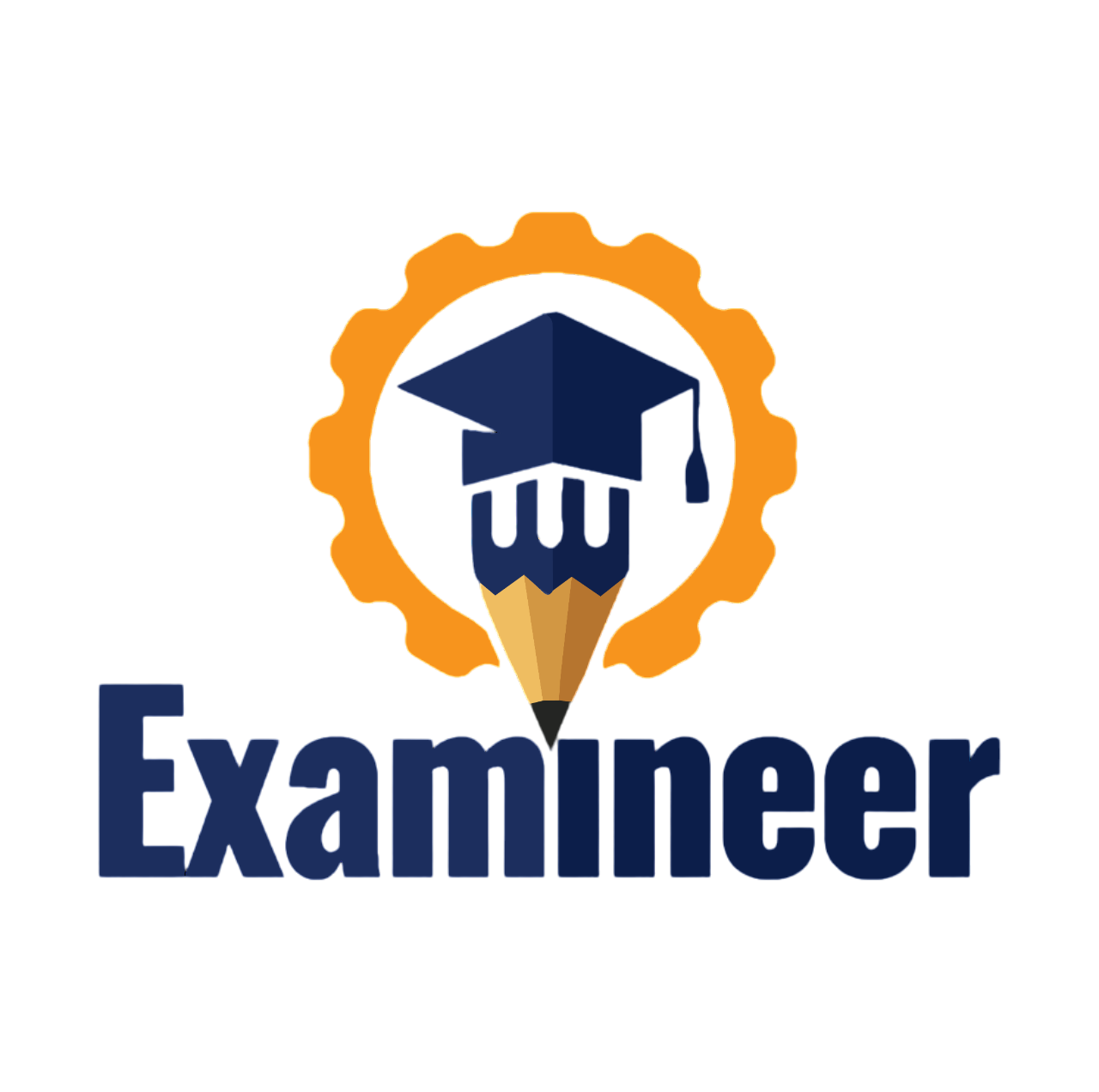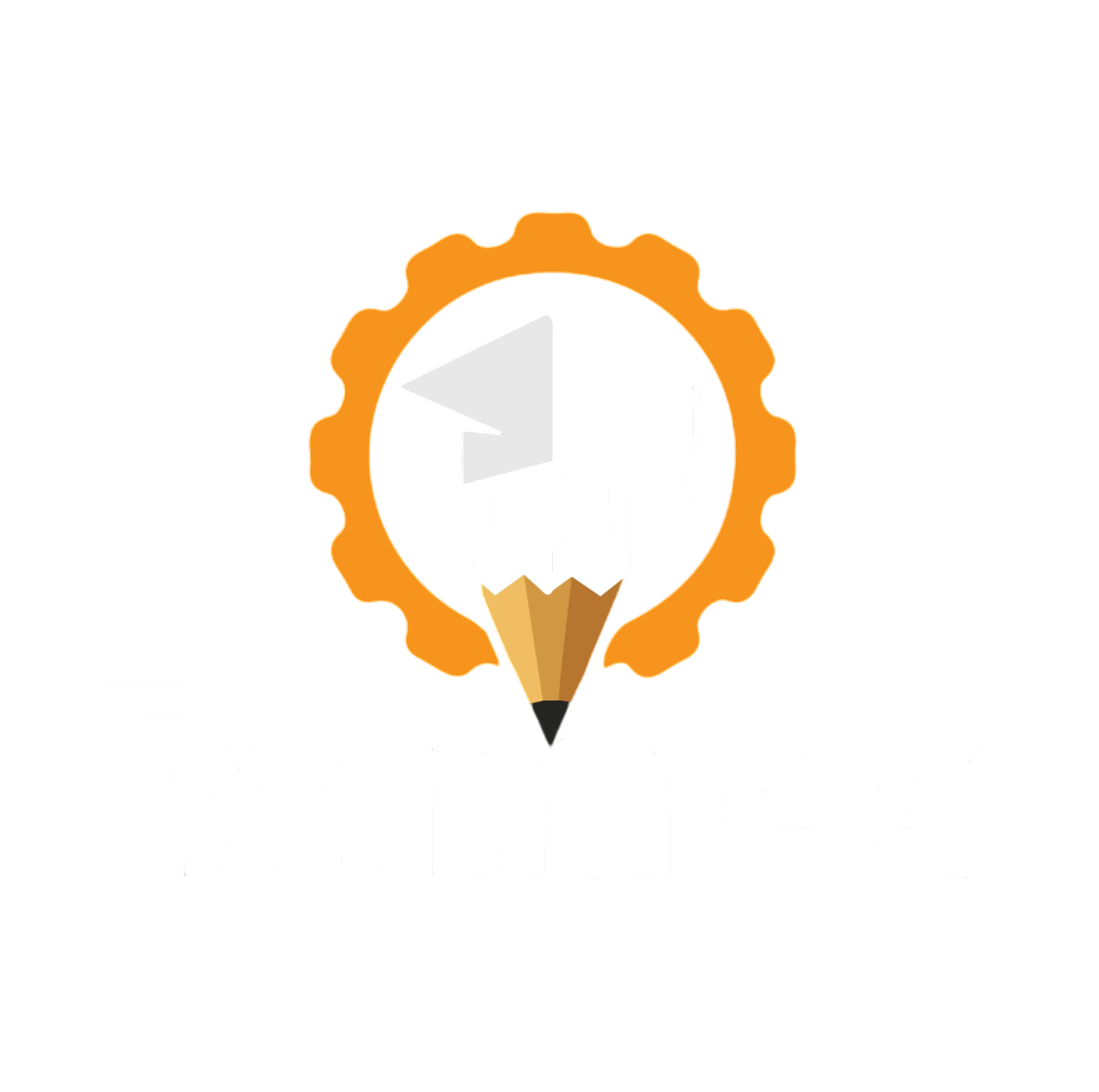Describe a skill that you learned in your childhood.
Speaking cue card with answers(30 cue)
You should say:
– What the skill was
– Who taught you this skill
– How they taught you
– And explain why you think it is important.
• As a teenager, I found joy in learning how to cook.
• At first, I was curious about how my mother made delicious meals, so I started by observing her in the kitchen.
• She taught me the basics of cooking like chopping vegetables, boiling rice, and making simple dishes.
• I loved experimenting with different ingredients and flavors.
• I would often help my mom while she was cooking and gradually learned to prepare meals on my own.
• It was exciting to create something tasty from scratch.
• My favorite dishes to make were pasta, fried rice, and homemade pizzas.
• I followed recipes from cookbooks and online videos. I’d try new recipes every week and enjoyed the process of making something delicious.
• I also liked baking cakes.
• Baking allowed me to be creative and share the cakes with my family and friends.
• Cooking wasn’t just about making food; it was a way to bond with my family.
• We would cook together on weekends, sharing stories and laughter while preparing meals.
• Learning to cook taught me patience and responsibility.
• I learned about food safety, how to handle kitchen tools, and the importance of cleanliness.
• Whenever guests came over, I would cook for them.
• Their compliments boosted my confidence and encouraged me to keep improving my cooking skills.
• Cooking became a skill I treasured as a teenager.
• It was more than just a hobby; it was a way for me to express myself and bring joy to others through delicious meals.
Part 3 Follow Up Questions
1. Where do children learn skills in your country?
In my country, children learn skills from various sources, including schools, family members, and community activities. Schools play a significant role in formal education, where children acquire academic, social, and practical skills. Additionally, families and communities contribute by teaching essential life skills and values.
2. What are the differences between learning skills on your own and from others?
Learning skills on one’s own involves self-directed efforts, while learning from others typically involves guidance, instruction, and shared experiences. Learning independently fosters self- motivation and problem-solving abilities, whereas learning from others provides the benefit of collective knowledge and support.
3. What important skills should a child learn?
Children should learn a range of skills, including communication, critical thinking, problem-solving, creativity, and interpersonal skills. These skills contribute to their personal development, academic success, and ability to navigate the challenges of life.
4. What skills do you think teenagers should have?
Teenagers should develop skills that prepare them for adulthood, such as time management, financial literacy, decision-making, and effective communication. Additionally, skills related to technology, adaptability, and emotional intelligence are increasingly important in today’s world.
5. Who should teach teenagers skills?
Teenagers can learn skills from various sources, including teachers, parents, mentors, and community programs. Schools, in collaboration with parents and community organizations, play a vital role in providing a well-rounded education that includes both academic and practical skills.
6. What are the differences between children learning skills and adults learning skills?
The differences between children learning skills and adults learning skills lie in the type of the skills they choose to learn. Children often focus on basic skills, whereas adults may engage in more specialized or career-oriented learning. Adults may also approach learning with a greater sense of self-direction, drawing from their experiences and applying knowledge in specific contexts.

